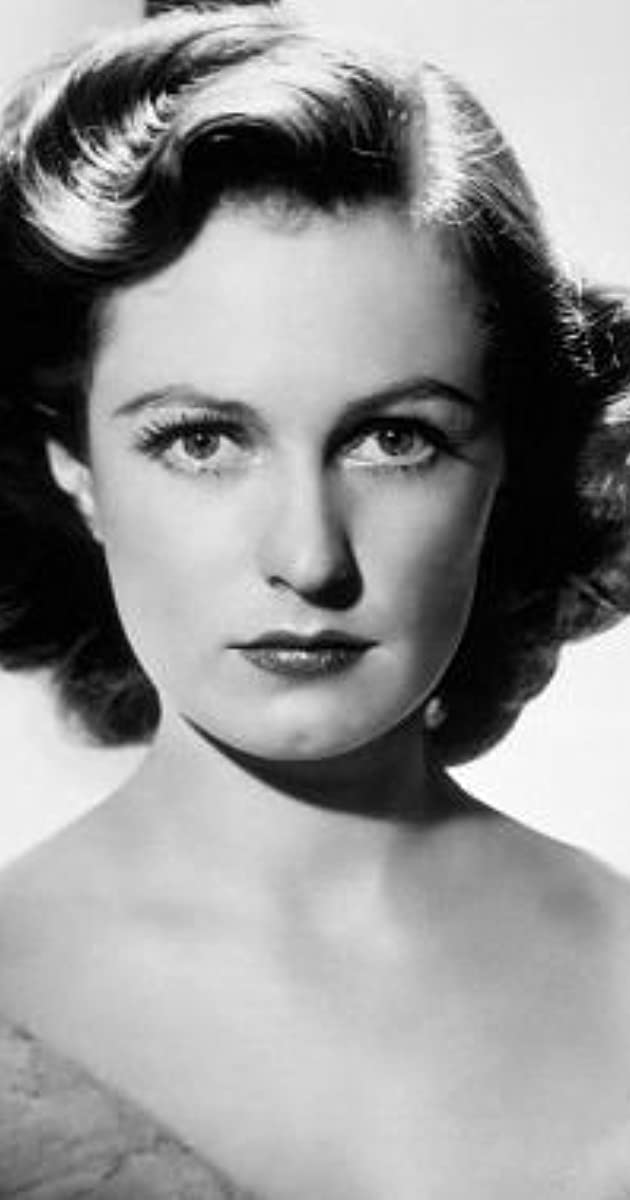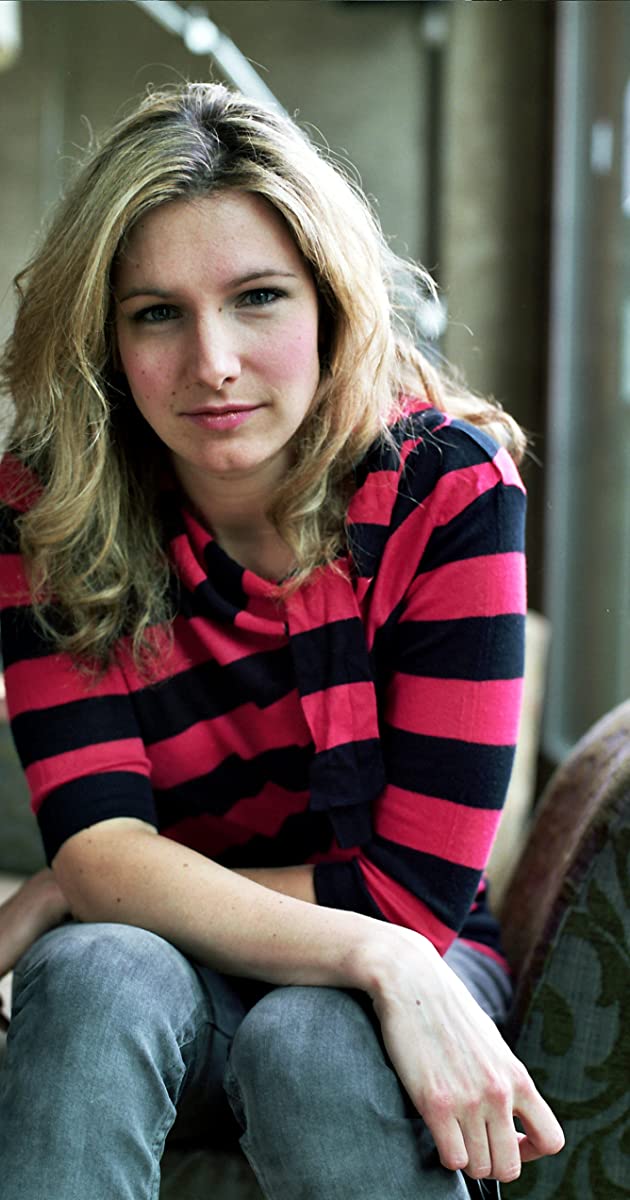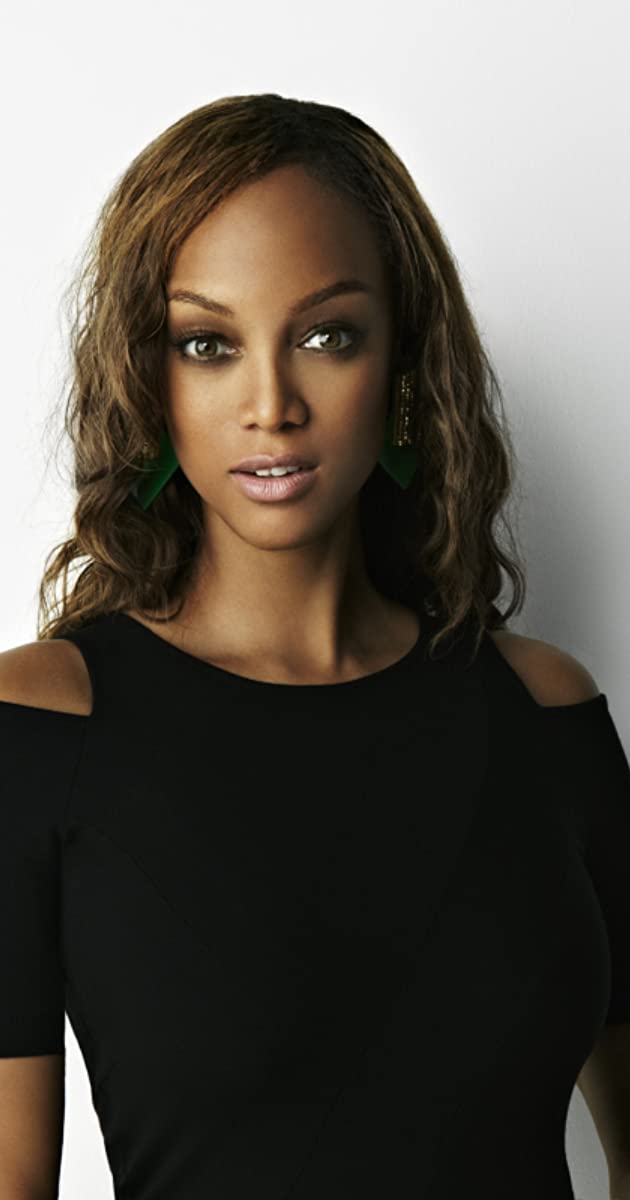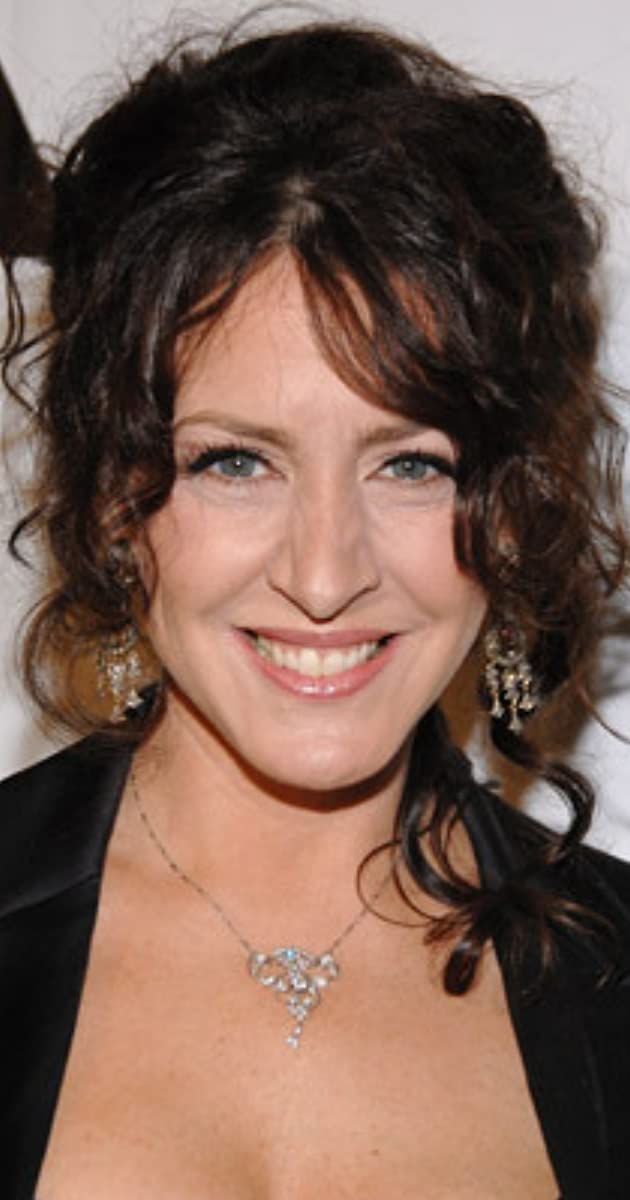
Geraldine Fitzgerald was the only actress to appear as both Laurence Olivier’s wife and Rodney Dangerfield’s mother-in-law, which surely qualifies her as running the gamut (if not the gauntlet, in the latter case) of A to Z for co-starring with cinema immortals. The Irish lass appeared in many masterpieces of Hollywood’s Golden Age, including Wuthering Heights (1939) and Dark Victory (1939), to say nothing of her late-career screen work in the blue-collar white-trash classic, Easy Money (1983).
She was born in Dublin, Ireland, on November 24, 1913, and made her theatrical debut at her hometown’s Gate Theater in 1932. She appeared in English films from 1934 to 1937 before emigrating to New York City, where she acted with Orson Welles (who had appeared at the Gate when he was all of 16 years old as a protégé of Micheál MacLiammóir). In 1938 she made her Broadway debut with Welles’ Mercury Theater in their production of George Bernard Shaw’s “Heartbreak House,” but her connection with Welles was sundered when she was signed by a Warner Bros. talent scout and decamped to Hollywood. Her first American film turned out to be a masterpiece. Her portrayal of Isabella, the wife of Olivier’s Heathcliff in William Wyler’s “Wuthering Heights” brought her a Best Supporting Actress Oscar nomination in her very first role in Tinseltown. She followed that up with a supporting turn in the Bette Davis three-hankie tearjerker “Dark Victory.” Other major films she appeared in at Warner Bros. were Shining Victory (1941), The Gay Sisters (1942) and Watch on the Rhine (1943), but her career was stymied by a rebellious streak. Like Warner Bros. divas Davis and Olivia de Havilland, Fitzgerald refused roles she disliked and was put on suspension by the studio. Unlike Davis and de Havilland, however, she never won an Oscar, nor did she ever become a star. She matured into a character actress, appearing in a wide variety of quality movies, including Ten North Frederick (1958), The Pawnbroker (1964), Rachel, Rachel (1968) and Harry and Tonto (1974). In later years she appeared in several hit comedies, among them Arthur (1981).
Fitzgerald appeared on Broadway and off-Broadway in many plays, including revivals of the works of Irish-American playwright Eugene O’Neill (I)’; she was Mary Tyrone in a 1971 off-Broadway production of “Long Day’s Journey into Night” opposite Robert Ryan and was in the 1977 Broadway revival of “A Touch of the Poet” with Jason Robards. She also appeared earlier that year on Broadway in the Pulitzer Prize- and Tony Award-winning play “The Shadow Box.” The previous year she had performed in her own cabaret act for a one-week engagement on Broadway, which she then revived in New York nightclubs as “Streetsongs.” In addition to singing, she would reminisce about her life. Later, she received Tony Award and Drama Desk nominations for directing “Mass Appeal,” a play about Catholic priests.
Geraldine Fitzgerald died in New York City on July 19, 2005, of complications from Alzheimer’s disease. She was 91 years old.


